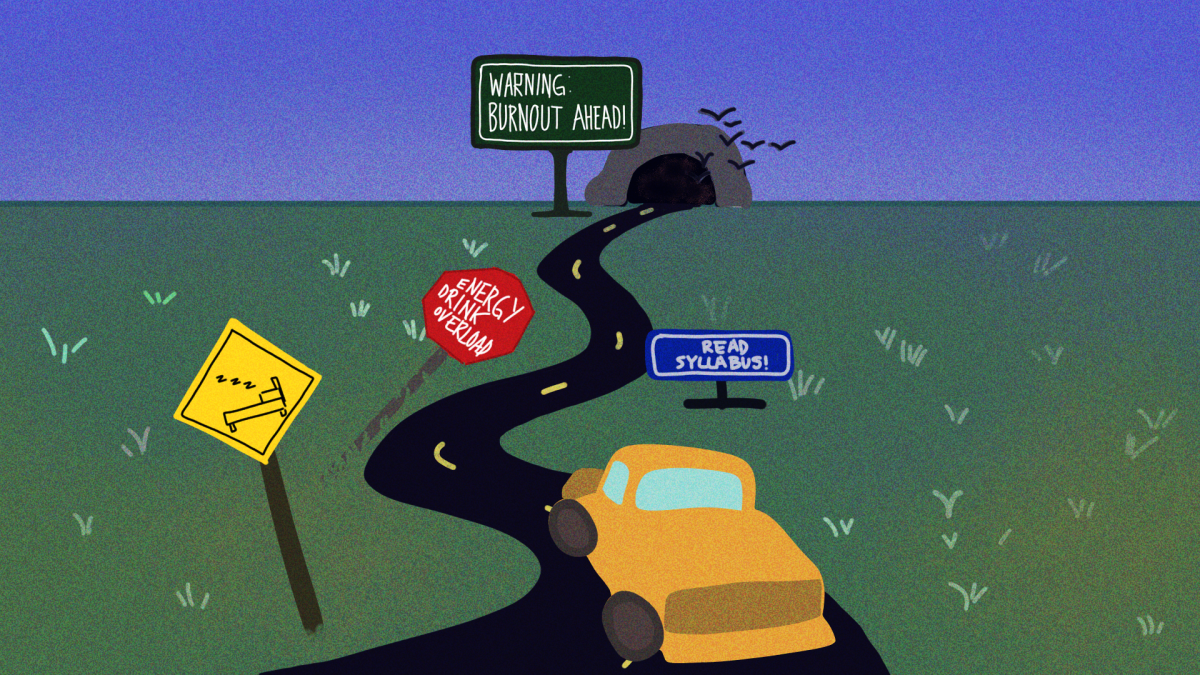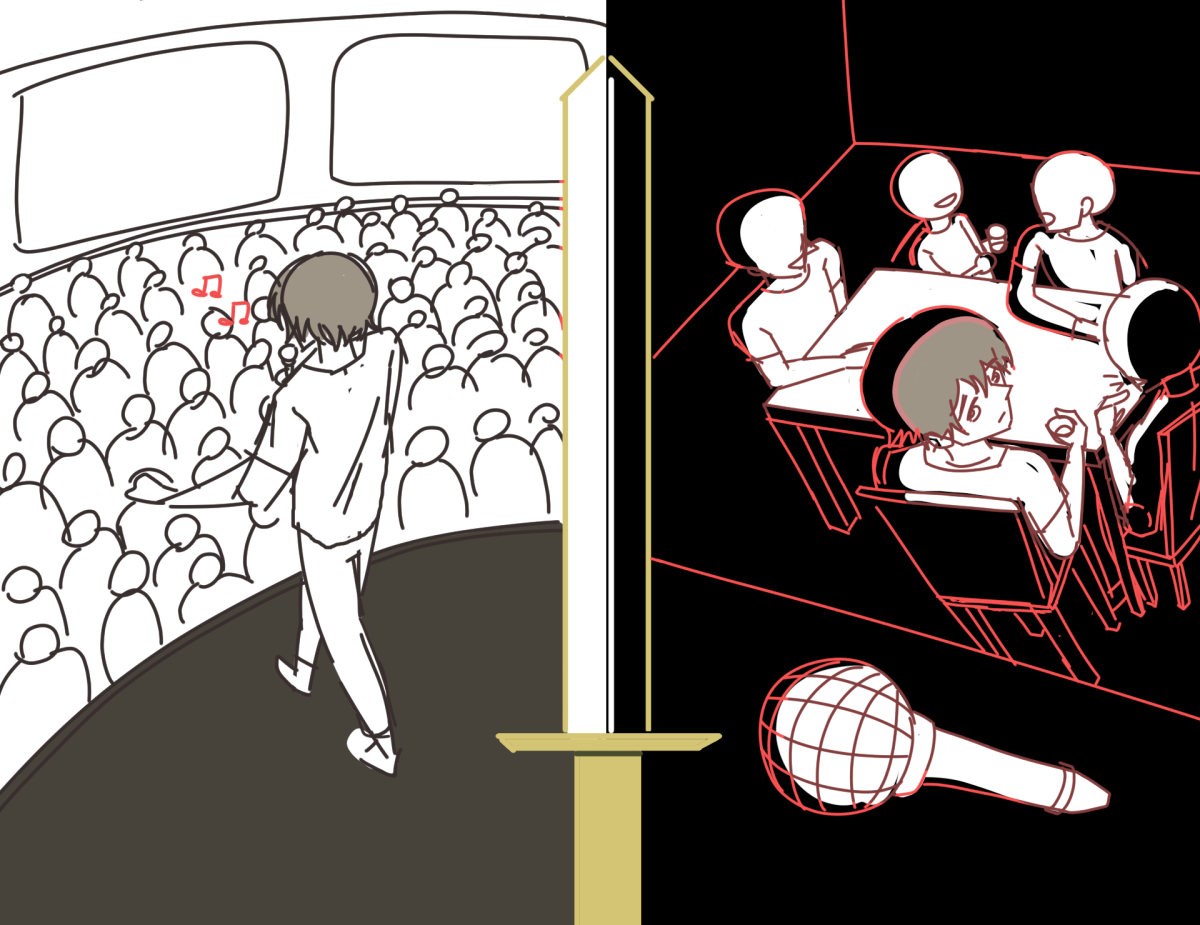This column almost didn’t happen.
On Monday two opinions columns and a letter to the editor were published concerning the UAB screening of “Dear White People”and the subsequent response from the student body. I thought there was no need to add my voice to mix; my opinion wasn’t necessary. That is, until I realized that the columns failed to address the real problem. No, the event was not a success. Yes, it failed to allow for constructive conversation and only furthered the “them vs. us” narrative on our campus, but they all failed to recognize why this event happened.
The “them vs. us” narrative existed long before this event.
What many considered a lashing out at the white community on campus was merely a product of the continuous decline of race relations on NC State. This event was not the first stone thrown, but a reaction to being alienated in a place that is supposed to be your home.
The world likes to think of colleges as progressive, but they are still susceptible to real world problems. As a child who grew up in a military city with people from all over the country who have lived all over the world, coming to NC State felt like stepping into the past. I have never been so aware of my “blackness,” but now I am reminded of it every day.
“What are you?”
“You are so eloquent [for an African-American].”
“On the phone, I thought you were white.”
“Congratulations on making it to college. It’s great to see people like you here.”
Incidences like these and larger controversies, such as the “CMT vs. BET” party hosted last year, only add to the feeling of unrest in minority communities. And, more often than not, when people speak out against the actions, they are told that they are being sensitive. These things should not bother them. “You are the problem, not us.”
At first I thought maybe they were right, but I soon realized this was a conditioned response when discussing topics one would rather ignore.
So, when given the chance to start a conversation, I can understand UAB’s rash decision to host this event and if anything, the response only proves that this problem existed long before this event.
Being upset about the signs it is alright. Admittedly, the signs out of context are hard to swallow; however, did they warrant threats of gun violence, which received less attention than the perceived “racist” that put up the signs? Did they warrant all the awful comments about your fellow members of the Wolfpack online? In the minds of many the answer is yes, and that is why this event happened to begin with.
It happened because whenever those in minority groups speak out they are reprimanded by someone who doesn’t want what’s being said. It doesn’t matter if it is true, minority communities are often shut out of the conversation just because they are the minority and the majority has the means to overpower them and spin the narrative they want.
This is what is happening at NC State.
Just in this year alone we’ve seen resistance to a host of events just because they mentioned something that the student body would rather ignore.
Even in the face of peaceful protest, like the die-in hosted in September 2016, students responded with comments such as, “I’d be safer going [to the protest] with a gun.” Were you so threatened by a room of people doing nothing, or was it the message you didn’t want to hear?
In the film, “Dear White People,” the movie shows the boiling over of negative stereotypes and intolerance from both sides in a cumulative party with a stereotypical African-American theme. The subsequent series of events show how the student body of the fictional university reached that point. The fatal flaw in the movie is now the one we are living at NC State.
Everyone is focused on the outcome, when the real problem lies in how we got here.
The screening of “Dear White People” did not cause the problem or the turmoil we saw on campus last week. It was merely a reaction to a sequence of events that began long before I stepped foot on this campus and will probably continue long after I am gone.








